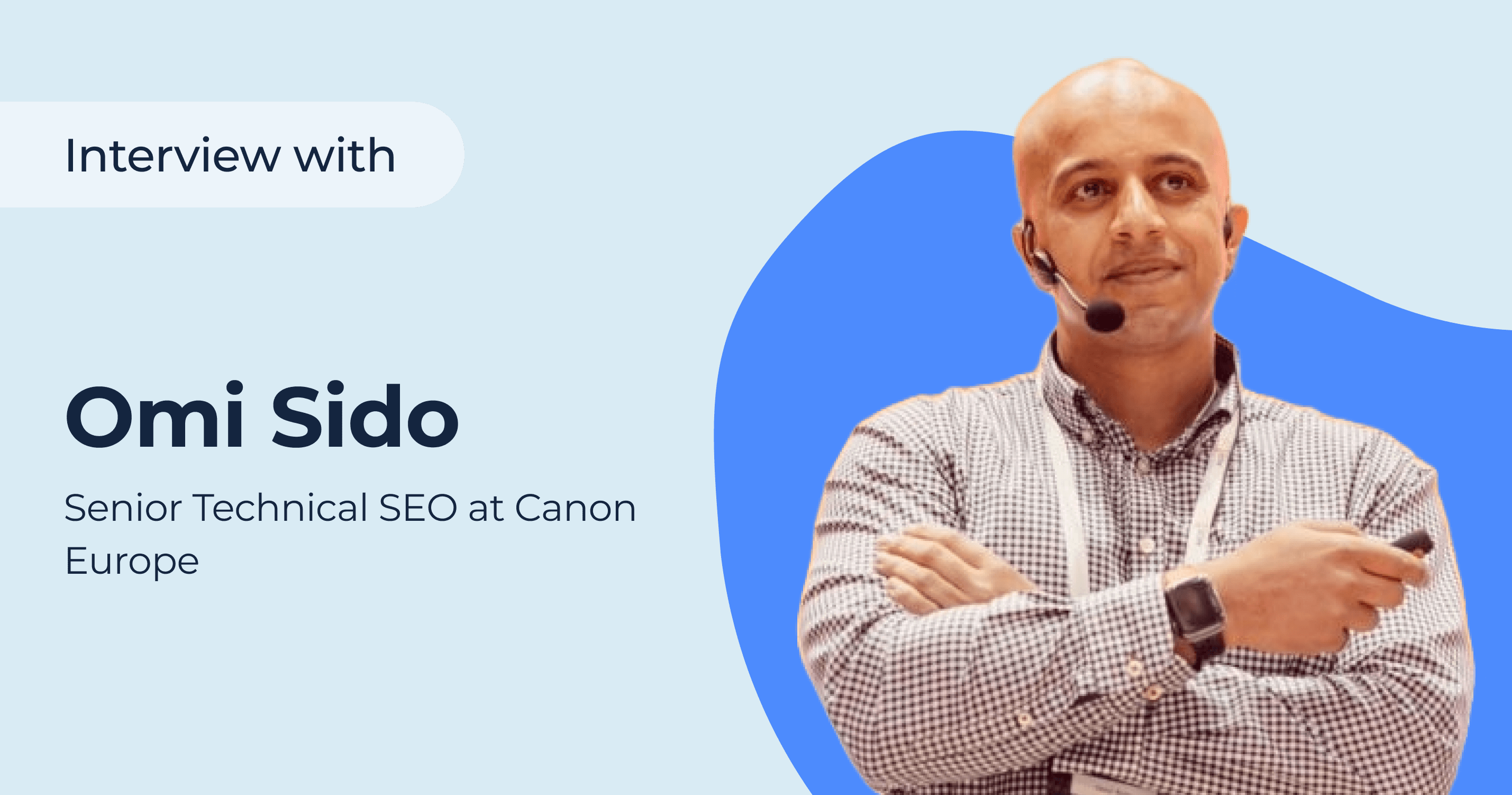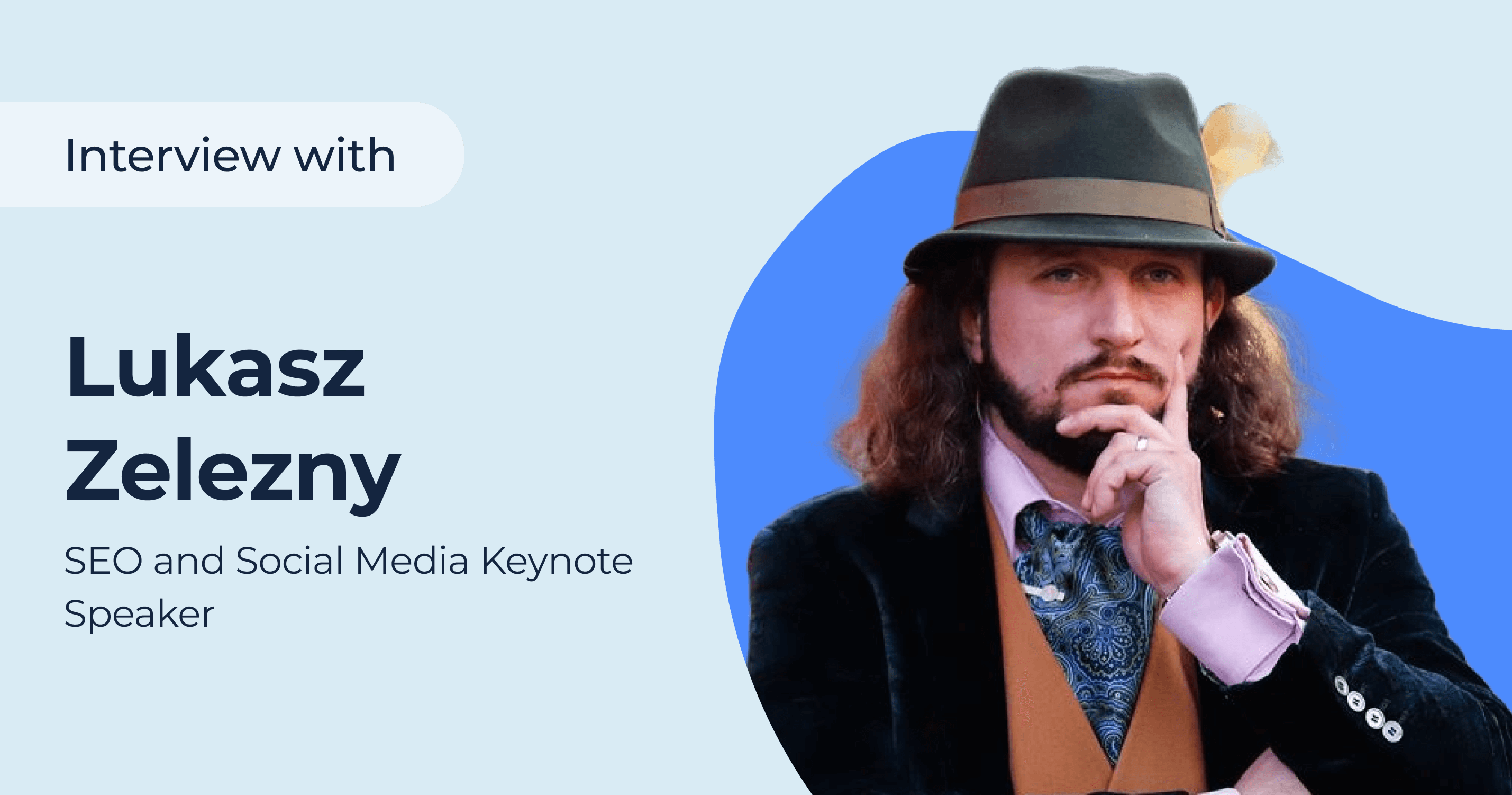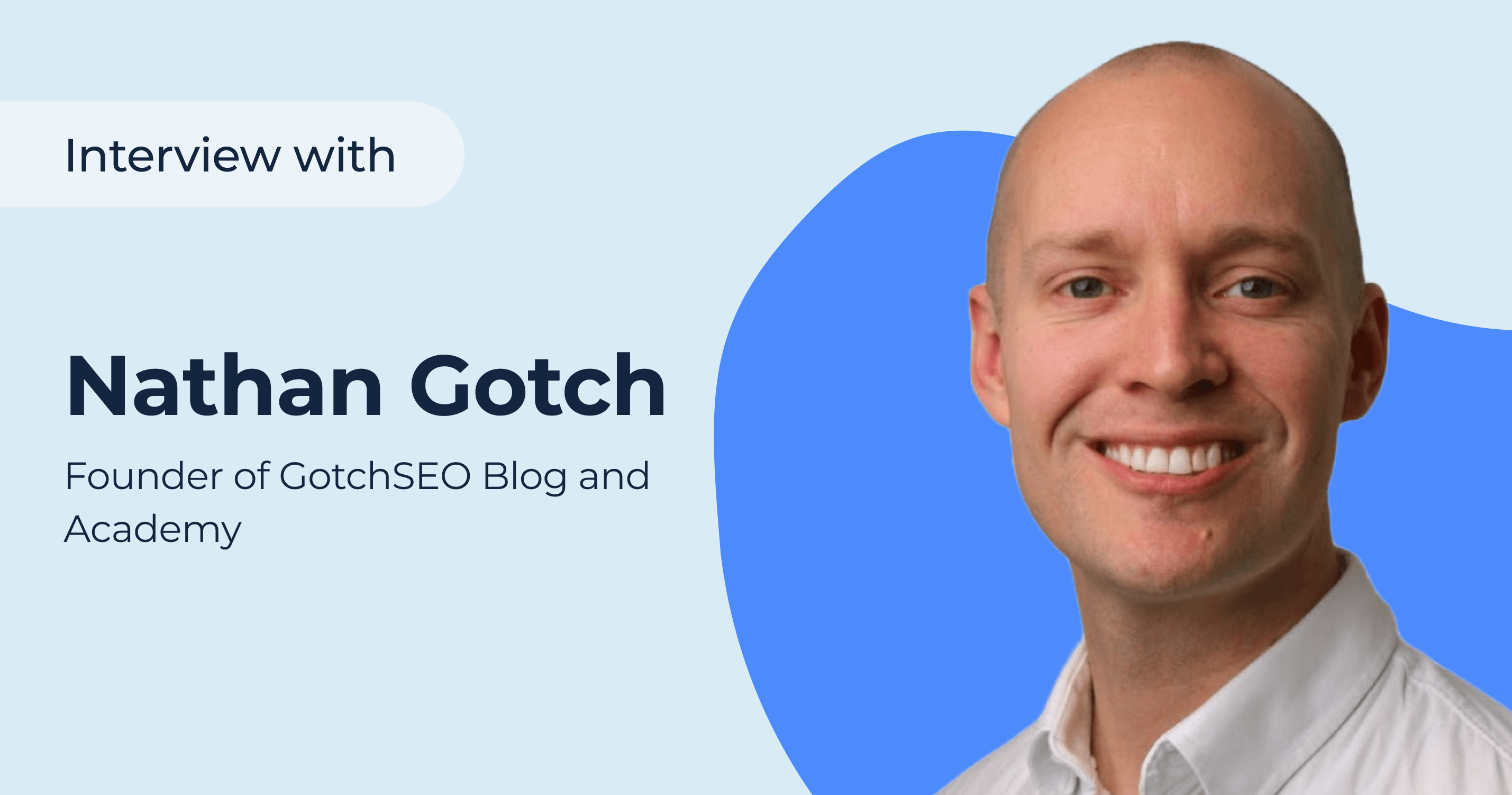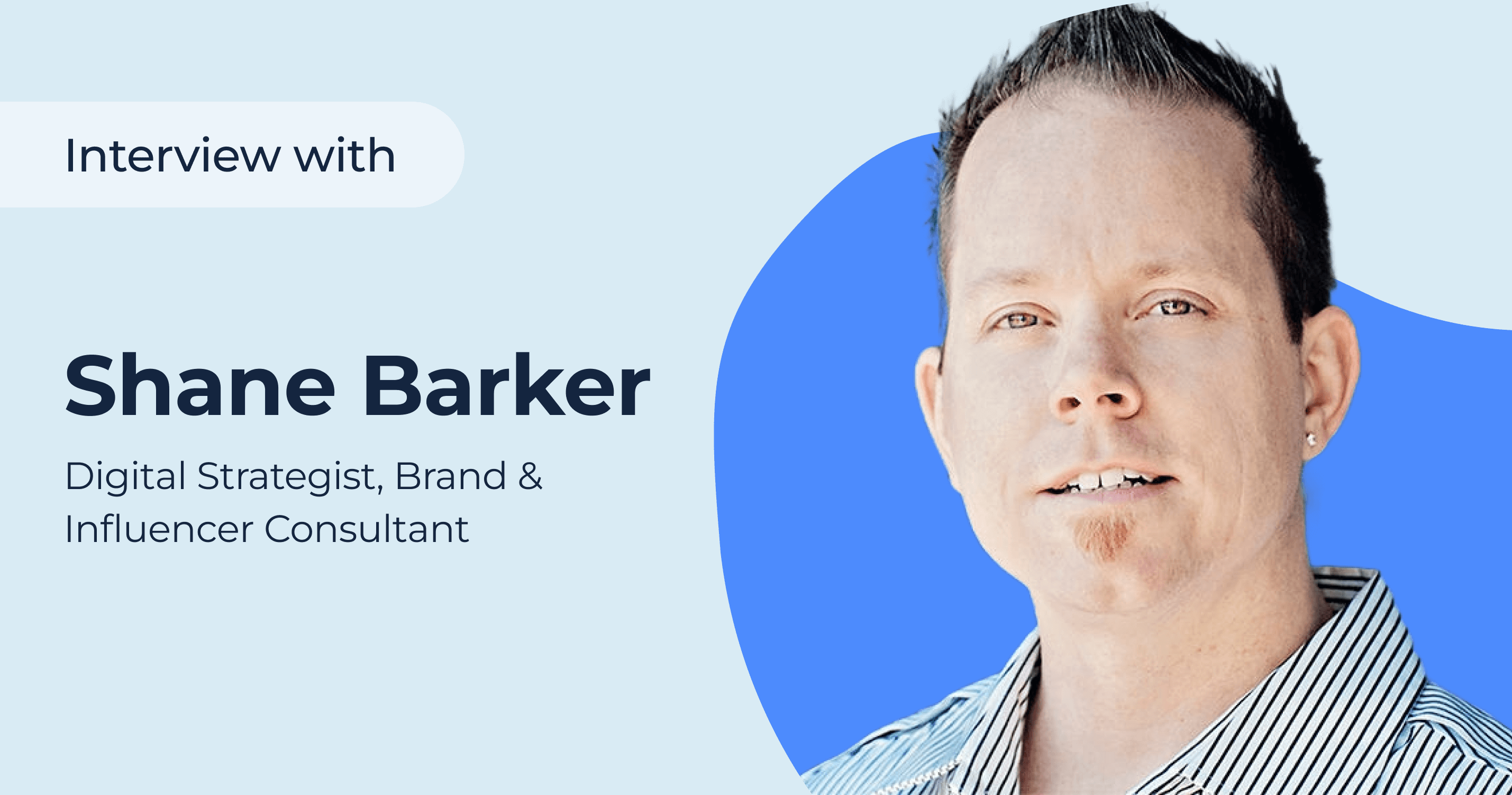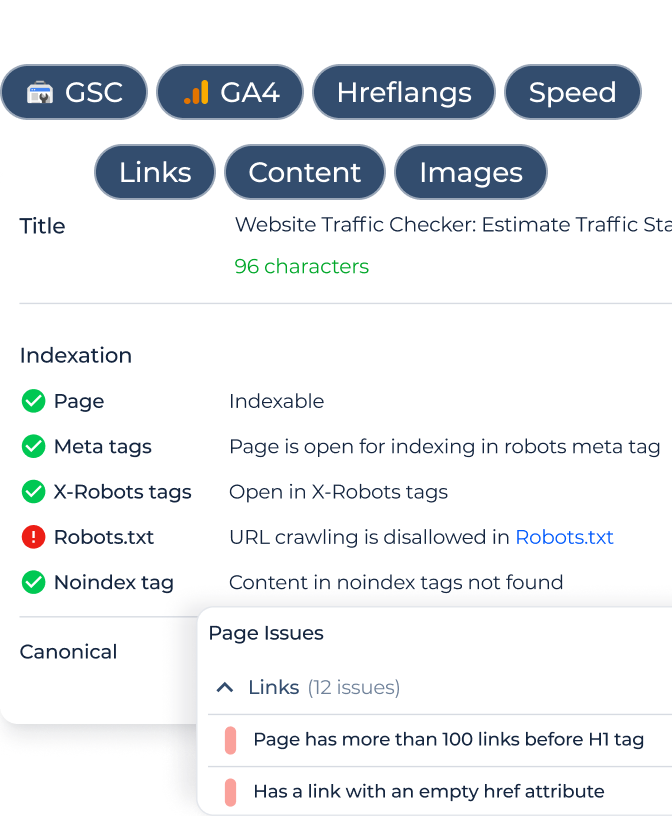Omi Sido is a digital marketer with 6 years of experience in both web and traditional advertising, promotions, events, and campaigns. He is a Technical SEO expert at Canon Europe who lives and breathes SEO. Omi loves delivering value and wealth for both customers and entrepreneurs. In the interview for Sitechecker, he shared his minds about black hat and grey hat SEO. To learn more about Omi Sido, follow him on Twitter.
1. How many years of experience do you have in Digital Marketing?
I’ve been working as a Digital Marketer for the last 6 years. Before becoming an SEO I worked as a front-end developer for a very long time, and I got horribly bored with it. Building websites from scratch is a difficult job and not seeing visitors coming to my pages trough Google was simply killing me. So one day I decided to take matters into my own hands and started learning the basics of Digital Marketing and SEO.
2. In which branch of Digital Marketing do you have the strongest skills?
I specialise in technical SEO. I often tell people that no website can stand strong in the SERPs without a strong backbone. And that backbone is technical SEO.
Imagine a car in formula one with a super shiny and attractive body but with bad mechanics like the engine or the breaks.
Will this car be powerful and successful? Definitely Not. It’s the same when it comes to SEO. Having great content is good but if your website is not technically sound search engines and visitors are not going to find your website great.
3. What recent project are you most proud of?
Last year I increased tutorfair.com’s revenue by 22% by specifically optimising the pages that bring conversions. SEO as part of Digital Marketing should bring value to the table. More visits or better rankings alone are not metrics that excite me.
4. What do you do to further your own SEO knowledge and skills?
As an SEO, it is absolutely critical to stay on top of all the latest digital trends and tactics. I go to a lot of SEO conferences and round tables throughout the year. In my opinion, SEO conferences are great places to gather more information about new technology. Don’t get me wrong I love reading SEO books but nothing beats experience.
5. What is your favourite Digital Marketing or SEO blog and why?
SEO moves at a frightening speed. Often the only way to keep up is to keep on reading and improving our knowledge. But with so many Digital Marketing and SEO blogs out there it is very hard to distinguish between the useful reads and the Digital Marketing weeds. I love blogs that are valuable, reliable, captivating and original.
With that in mind, my favourite Digital Marketing blog is probably Occam’s Razor by Avinash Kaushik. This blog is super useful for learning the basics of Google Analytics but also learning more advanced Google Analytics tricks and tips for measuring website’s and campaign’s performance.
6. What are the TOP-3 mistakes you made at the beginning of your SEO specialist career?
In all honesty, I haven’t made many mistakes in my short SEO career but there is one that I would never forget: not using SEO to bring traffic that converts. I’ve said it many times, but I will say it again: SEO isn’t only about massive amounts of organic traffic. It’s also about conversion.
Your business needs money to pay your salary, not just traffic.
It’s so easy to get caught up watching which keywords and phrases are sending the most traffic. But traffic isn’t all that matters. Very often lower-traffic phrases will convert better because they’re more specific and getting first page rankings for several of them can drive quite a few sales.
Video content is a great way to drive engagement and help your SEO efforts.
Omi Sido, Technical SEO expert
7. What SEO tactics do you think are underrated?
But from an organic search point of view, the video format has a few issues, especially if you’re not hosting your video content on YouTube. The biggest issue is that Google can’t really understand the content within a video. One way to maximise the number of keywords that your video content can rank for is to create full-text transcripts to accompany them.
I am a big fan of how Moz do the transcripts of their ‘Whiteboard Friday’ videos (I am also a big fan of the ‘Whiteboard Friday’). They don’t just paste the transcript below their video; instead, they also add useful external links and even some extra info that the video doesn’t mention.
It’s not just benefitting their SEO efforts, but it’s also improving user experience.
8. What website performance items should always be tackled when it comes to Google’s recommendations?
In my opinion, nowadays one thing that everybody should think of is mobile page speed. More and more people use their mobile devices to shop so website owners and developers should start paying closer attention to user-centric performance metrics.
9. Do you believe that backlinks are Google’s past? Is link building important for increasing the website’s positions nowadays?
Without a doubt, links are probably still the best way to determine the quality of a webpage. That’s why backlinks remain Google’s top-ranking signal. Saying that in 2020, 2021 and beyond SEOs should focus on link quality and not just link quantity.
10. Every year Goole tells us that backlinks do not work. What do you prefer for your website according to them: good backlink profile or high-quality content?
Very often people ask me: “Which is better – content or backlinks”?
For a start, your website will be of no value to readers without good quality content. No backlinks will fix this issue.
On the other hand, how do we get potential clients to see our perfectly crafted content? Do we post content without taking any further action? Backlinking has been proven to be the most effective way of spreading the word. In my opinion, you need to combine these two wisely; write as much quality content as you can and build enough backlinks too.
11. In your opinion, does the technical health of the website affect the ranking positions in search engines?
In connection with the previous answer, despite Google employing hundreds of SEO ranking factors (backlinks being one of them), they can’t rank what they don’t see nor understand. Technical SEO helps the search engine spiders to crawl and index your page in order to rank it.
12. Are you going to surprise SEO and Digital Marketing world with something new (tool/app, course, product)?
Currently, I am not involved in developing new Digital Marketing tools but if I have to talk about learning something new my advice would be: go and learn the basics of Phyton. Python is all about automating repetitive tasks, leaving more time for your other SEO activities.
Looking around I don’t see many SEOs using Python to solve their problems, even though it could save them a lot of time and effort.
For example, Phyton can be used for data extraction, data analysis & visualization, scraping competitor pages and keeping an eye on changes to their products and pricing.
When conducting a website audit, it can be handy to have a website audit checklist to make sure you’re not missing any key points. My website audit list has more than 20 points.
Omi Sido, Technical SEO expert
13. How do you make competitors analysis? Please provide short 1-2-3 steps guide.
If I have to tell you how to do a competitive analysis in 3 easy steps my main points will be:
- Find and categorize your top 10 competitors. Competitor analysis should be an ongoing process, and with the abundance of competitors analysis tools, there’s no excuse.
- Examine your competitor’s website and customer experience. List your competitor’s strengths and weaknesses. Should you be threatened by their strengths? How do you exploit their weaknesses? Try and predict their behaviour so you can make informed business decisions.
- Take a peek at pricing (Phyton). My advice: your prices don’t necessarily have to be less than your competition. Be unique. Make sure you have a unique selling point (USP) – and communicate this uniqueness to your customers. Find a way of making your product or service less price-sensitive than your competitors.
14. What is your checklist when doing a website audit?
When conducting a website audit, it can be handy to have a website audit checklist to make sure you’re not missing any key points. My website audit list has more than 20 points so to make things simple my main points are:
- Check for Google Penalties
- Search appearance
- Technical SEO audit
- On-Page SEO audit
- Off-Page SEO audit
- Bonus step: Social Media quick audit
15. In your opinion, does user behaviour affect website visibility in the SERPs?
The debate around the correlation between user behaviour and Google rankings has been on for a few years at least. When you think about it the question should be easy to answer – it’s either ‘yes’ or ‘no’.
So why are we still talking about it?!
Well, over the years Google itself has been very inconsistent when answering this question. Most of the time they’ve denied it, but I’ve also heard them confirming it.
Personally, I see a lot of Google Patents around user behaviour and rankings plus they already use it to determine the Google Ads Quality Score. In my head, it makes no sense to not monitor how searchers interact with what is presented in the SERPs.
- What is your approach to developing an SEO strategy?
An SEO strategy should be tailored to your business needs, your target market, and your resources. SEO doesn’t happen overnight, and it doesn’t happen by accident.
With that in mind, when developing an SEO strategy my main goal is always to boost organic traffic to the pages that really matter to the business.
17. What services/companies/apps have inspired you the most this year?
This year riseatseven.com is the most inspiration digital agency in the UK.
18. What are the most critical SEO mistakes you have ever seen in other companies?
The biggest SEO mistake I see (apart from not auditing your website on a regular basis) is probably producing mass amounts of thin and mediocre content. Like so many other things in life quality always trumps quantity.
Publishing good content regularly is one of the signs of a great SEO strategy, but if you’re churning out content so fast that the quality is beginning to suffer, it may be time to slow down and rethink the content creation process.
So, instead of putting your time and money toward creating dozens of short, hurriedly written blog articles that barely scratch the surface of your intended topic, opt to spend that same amount of effort writing something more comprehensive that provides depth to your reader.
19. How do you see the future of SEO (in 5 years)?
Predicting the future of SEO is a difficult task.
One thing I can tell you for sure is that the future of SEO depends on the future of machine learning. In fact, machine learning is the future of almost everything around us from work automation to self-driving cars and machines composing music.
In SEO we already see that automation of SEO analysis at a scale far outperforms what people can do on their own.
20. Which SEO or marketing tools can you recommend as a must-have for every SEO specialist?
There are a lot of SEO tools out there but to make things clear: you don’t have to buy all of these SEO tools in order to do your job, you just need to figure out the ones that work best for the goals you have as an SEO.
In no particular order, my favourite SEO tools are OnCrawl, Sistrix and SEMrush.
21. What advice can you give for those who are just starting their career in Digital Marketing?
My one and only advice would be: never stop learning. Things move very quickly in the digital world and you need to be up to speed with the changes.
22. What can you tell us about mobile SEO? Is it true for you that mobile SEO will absolutely force out desktop soon?
I would say eventually ‘Yes’. Mobile devices will phase out both laptop and desktop computers as we see them now but that does not mean that people will stop using big screens and keyboards.
Looking back in time we see that systems and formats exist as long as there is a need for them so new technology does not necessarily see the end of the old.
From an SEO point of view, I still see a lot of my clients getting a lot of visits that convert from desktop especially when they sell expensive products. I don’t see myself buying a car on my mobile.
23. Have you ever used black hat and grey hat SEO tactics? What do you think about them?
We all know that black hat tactics are bad for business but when it comes to grey hat tactics it is very difficult to clearly distinguish them from black hat SEO. In a way, grey hat SEO techniques are safe up until they’re not.
With that in mind, everybody should strive to be a white hat SEO and obey the rules. However, from time to time it may make sense for you to use Gray Hat SEO tactics to gain a competitive advantage. But when using Gray Hat SEO tactics it is very important, that you measure the risk and reward of each strategy, and also clearly explain to your business what the risks are.
24. SEO is such a controversial thing. Every SEO specialist rate its success differently. What is your way to rate SEO success? What metrics do you look at?
I can tell you that as an SEO, one of our hardest jobs is measuring the success of our SEO activities. In my opinion, all SEOs should adopt a ‘multi-metric tracking system’ to determine SEO success.
For example, increased SEO visibility should not be presented as successful if it didn’t bring more conversions.
My one and only advice would be: never stop learning. Things move very quickly in the digital world and you need to be up to speed with the changes.
Omi Sido, Technical SEO expert
25. Structured data is becoming more and more important these days. How do you think why? Why did Google start to pay so much attention to structured data sites?
Very often when implementing structured data I see SEOs finally thinking about the meaning of their content. And also finally realising that the process is not just your website and Google but your website through Google’s eyes that are trying to connect your audience’s eyes with your website.
It’s a bit confusing, I know, and that’s why Google has introduced structured data.
